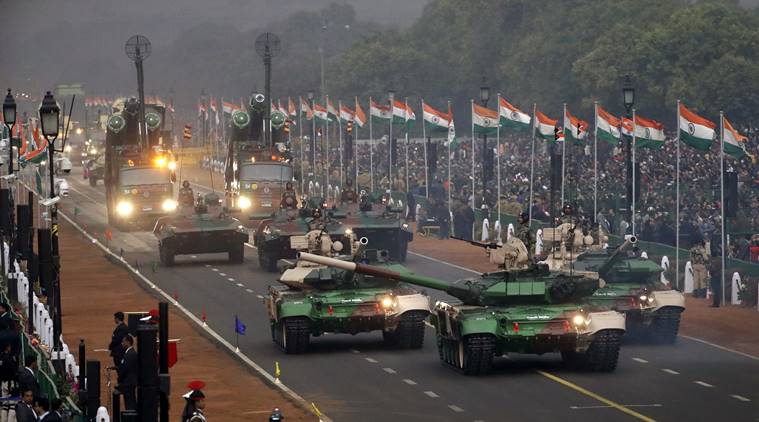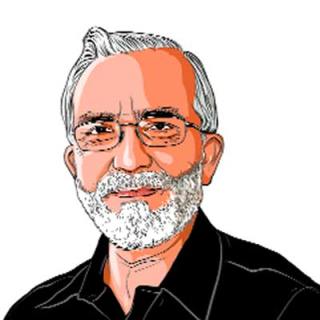Republic of unfreedom
Our political class has failed to uphold civil liberties. It counts on the people’s apathy on the question.

It is customary to celebrate Republic Day with a display of state might. When the practice began, there must have been a benign hope that the state represents the people and also takes it upon itself to strengthen the essence of citizenship — personal liberties. The irony behind this is two-fold. One, it sidetracks the essence of democracy — the power of citizens. Two, the state often turns out to be the main threat to citizen power.
This irony gets grotesquely represented through current happenings within the republic. The new year began with the determination of the state to employ two different legal instruments to handle views the establishment abhors. Sedition law is invoked to implicate JNU students and action against activist-intellectual Anand Teltumbde advances on the basis of UAPA. Hiren Gohain, another activist-intellectual, is also slapped with sedition charges. “Urban Maoists’ arrested last year are yet to be formally charged and tried. They languish in custody, without legal recourse. A journalist from Manipur has got a jail term under NSA.
Beyond the lament, a critical question stares us in the face. How do we reconcile the democratic enthusiasm of large sections of the citizenry with a pathetic acceptance of state power that jeopardises the democratic spirit?
There is no denying that India is a vibrant democracy in terms of political competitiveness and citizen assertions, mainly through the ballot but many a time by taking to the streets in order to tame state power. But in spite of this vibrancy, our record is not very robust when it comes to demanding the rule of law, subscribing to a liberal ethos and supporting the freedom of expression.
A study conducted by Lokniti-CSDS around 2014 brings this contrast in sharp focus. Asked to choose the “essential characteristics” of democracy, citizen-respondents gave much lower preference to ideas involving individual freedom. Thus, compared to elections (identified by over 24 per cent) and narrowing the gap between rich and poor (almost 23 per cent), only 18 per cent thought that free expression is an essential characteristic of democracy. Similarly, freedom to organise politically was seen as essential to democracy by 17 per cent per cent compared to fulfilling basic needs (31 per cent) and free media was understood as an essential feature of democracy by only 16 per cent compared to “law & order” (22 per cent) and provision of job opportunities (21 per cent). Governance and welfare trump individual freedoms when it comes to imagining democracy.
In the context of such disinclination among citizens to actively press for liberal norms in the public arena, the state, political elites and functionaries of political institutions need to carry the extra burden. That perhaps was also the expectation of the founding fathers who believed that while citizens are bound to have a set of priorities governed by the exigencies of social inequalities and livelihood challenges, the responsibility of ensuring a liberal ethic in political practice would have to be shouldered by the elites.







































No hay comentarios:
Publicar un comentario